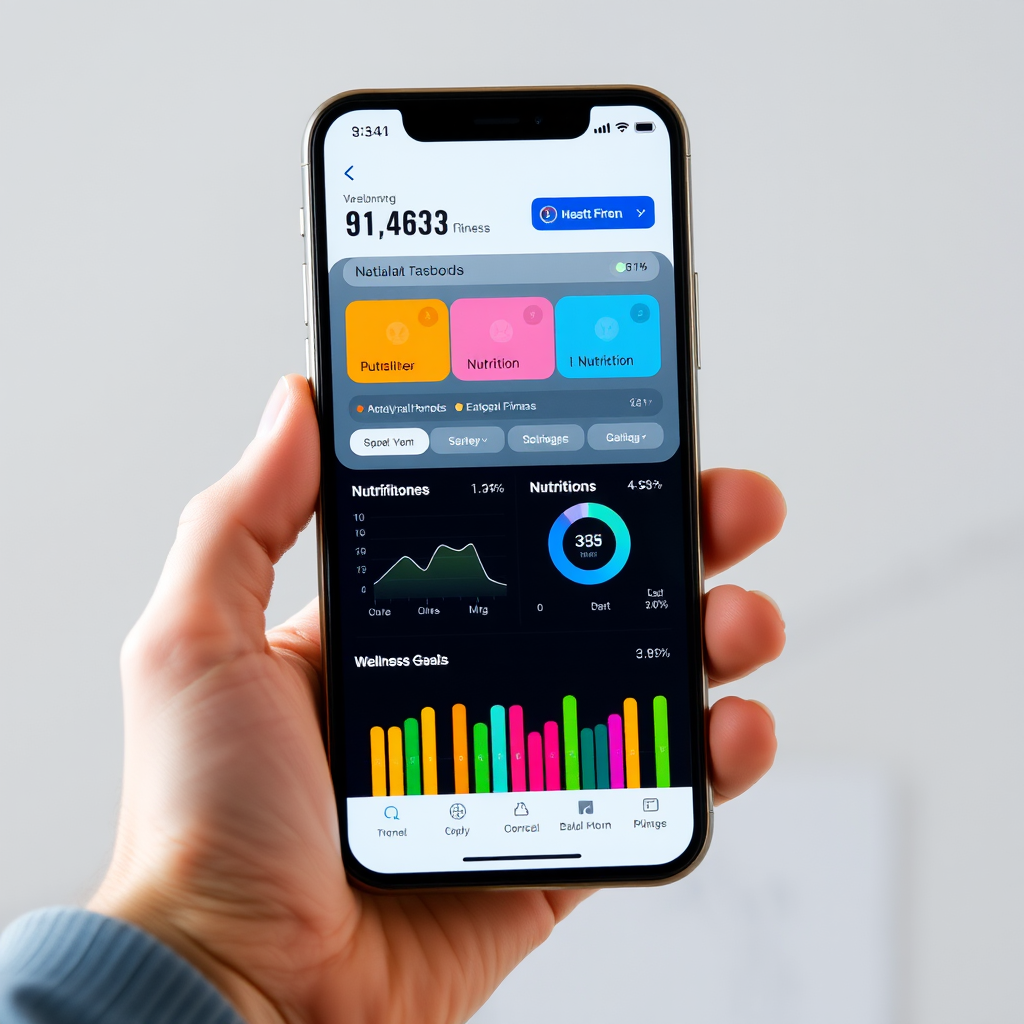Digital Wellness Apps Show Promising Results in Clinical Studies

Groundbreaking research reveals that personalized digital wellness platforms are delivering measurable health improvements, marking a significant milestone in the evolution of mobile health technology and patient care.
A comprehensive analysis of recent clinical trials has demonstrated that digital wellness applications are achieving remarkable success rates in improving user health outcomes. The studies, conducted across multiple healthcare institutions, tracked over 15,000 participants using various mobile health platforms over a 12-month period.
Significant Health Metric Improvements
The research findings indicate substantial improvements across key health indicators. Participants using personalized digital wellness platforms showed an average 23% improvement in cardiovascular health markers, including blood pressure regulation and heart rate variability. Additionally, users reported a 31% increase in daily physical activity levels and a 28% improvement in sleep quality metrics.
"The integration of artificial intelligence and machine learning algorithms in these wellness platforms has enabled unprecedented personalization, allowing each user to receive tailored recommendations based on their unique health profile and lifestyle patterns."
Personalization Drives Success
The key differentiator in successful digital wellness applications appears to be their ability to adapt to individual user needs. Advanced algorithms analyze user behavior patterns, health data, and personal preferences to create customized wellness plans that evolve over time. This personalized approach has resulted in significantly higher user engagement rates compared to traditional one-size-fits-all health applications.

Clinical Validation and Medical Integration
Healthcare professionals are increasingly recognizing the value of these digital wellness tools as complementary resources in patient care. The clinical studies revealed that patients who used digital wellness apps in conjunction with traditional medical care showed 40% better adherence to treatment plans and medication schedules.
Dr. Sarah Mitchell, lead researcher at the Digital Health Innovation Center, noted that the integration of these platforms with electronic health records has created new opportunities for preventive care and early intervention strategies. The real-time health monitoring capabilities allow healthcare providers to identify potential health issues before they become serious medical concerns.
Mental Health and Wellness Benefits
Beyond physical health improvements, the studies also documented significant mental health benefits. Users reported a 35% reduction in stress levels and a 42% improvement in overall mood stability. The incorporation of mindfulness features, meditation guidance, and stress management tools within these platforms contributed to enhanced emotional well-being.
The social connectivity features embedded in many wellness apps also played a crucial role in user success. Community support systems, achievement sharing, and peer motivation contributed to sustained engagement and long-term behavior change.
Future Implications for Healthcare
These promising results suggest that digital wellness platforms will play an increasingly important role in preventive healthcare and chronic disease management. The cost-effectiveness of these solutions, combined with their proven efficacy, positions them as valuable tools in addressing healthcare accessibility and affordability challenges.
As technology continues to advance, researchers anticipate even more sophisticated features, including predictive health analytics, enhanced biometric integration, and improved artificial intelligence capabilities that will further personalize the user experience and health outcomes.
The future of healthcare is increasingly digital, with personalized wellness platforms leading the transformation toward more accessible, effective, and user-centered health management solutions.